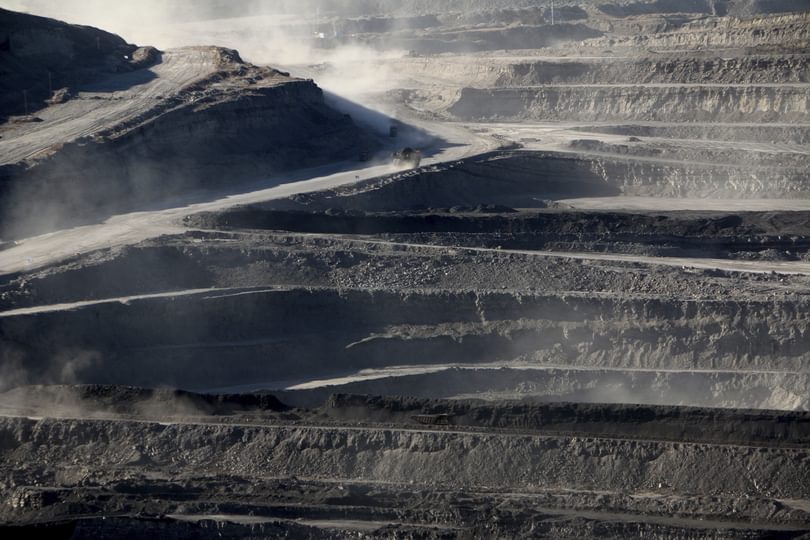
To stabilise the climate, net global carbon dioxide emissions must be reduced to zero. Yet fossil carbon has never been cheaper: the market capitalisation of Peabody Energy values its coal reserves (30 years’ production at current rates) at less than 3 cents per tonne of buried carbon. Either the market is assuming the vast bulk of those reserves will never be used at all, or (more likely) the market isn’t thinking about the next 30 years. The fossil fuel industry is likely to emerge from its current crisis largely under new ownership. Will the new owners be even more opaque and defensive on environmental issues than the old, or does this represent an opportunity for environmentally conscious investors to ensure the industry in future plays a constructive role in the transition to a net zero carbon economy?
This lecture will present some of the work of the Oxford Martin Net Zero Carbon Investment Initiative, which is exploring the role investors can play in enabling the transition to a stable climate while minimising the risks associated with asset stranding or locking in emissions that exceed a safe cumulative total. Professor Myles Allen will argue that stabilising global temperatures depends on the development of “backstop” technologies to allow fossil carbon to be used without net dumping of CO2 into the atmosphere, and that until the fossil fuel industry itself takes on this challenge, we cannot hope to solve the problem.
Join in on Twitter #sharedworld
The lecture will be live streamed on YouTube
(Please note you do not need to register to watch live online)
About the speaker
Professor Myles Allen is Professor of Geosystem Science in the Environmental Change Institute, School of Geography and the Environment and Department of Physics, University of Oxford, and co-Director of the Oxford Martin Programme on Resource Stewardship and Co-Director of the Oxford Martin Net Zero Carbon Investment Initiative.
His research focuses on how human and natural influences on climate contribute to observed climate change and risks of extreme weather and in quantifying their implications for long-range climate forecasts. He has served on the Intergovernmental Panel on Climate Change 3rd, 4th and 5th Assessments, most recently on the IPCC Synthesis Report Core Writing Team in 2014.
Key research contributions include developing the statistical methods used to quantify the size of human influence on climate; the application of Probabilistic Event Attribution to quantify the contribution of human influence to specific individual weather events; and the observation that cumulative emissions of carbon dioxide largely determine global mean surface warming, which implies that a substantial fraction of current fossil carbon reserves cannot be emitted into the atmosphere if warming greater than 2oC is to be avoided. Allen leads the climateprediction.net project, using distributed computing to run the world’s largest ensemble climate modelling experiments, and in 2010 was awarded the Appleton Medal and Prize from the Institute of Physics “for his important contributions to the detection and attribution of human influence on climate and quantifying uncertainty in climate predictions.”